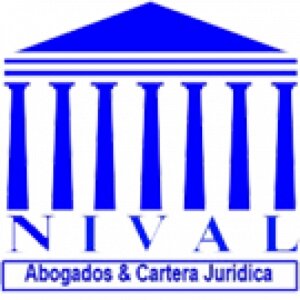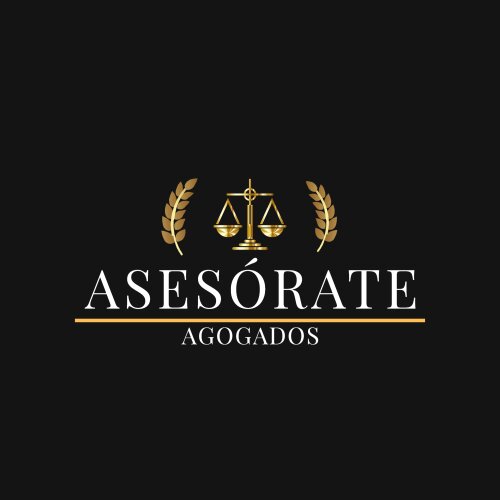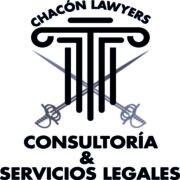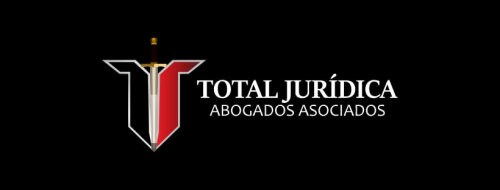Best Education Law Lawyers in Bogota
Share your needs with us, get contacted by law firms.
Free. Takes 2 min.
List of the best lawyers in Bogota, Colombia
About Education Law in Bogota, Colombia
Education Law in Bogota, Colombia refers to the collection of local and national regulations, policies, and constitutional mandates that govern the education system. These laws create the framework for the establishment, operation, and oversight of public and private educational institutions and outline the rights and responsibilities of students, teachers, parents, and administrative bodies. Education Law aims to guarantee access to quality education, establish standards for academic curricula, ensure the safety and well-being of students, and provide for the inclusion and protection of marginalized groups.
Why You May Need a Lawyer
Many individuals and institutions require legal support related to Education Law for various reasons. Some of the most common situations include disputes over student discipline, allegations of discrimination or bullying within schools, conflicts regarding admission policies, challenges around access to inclusive education, disagreements about tuition and fees, issues regarding teacher contracts, and cases of academic plagiarism or cheating. Parents may also need legal guidance on special education needs, expulsion or suspension appeals, and regulatory compliance for private educational entities. In these scenarios, a specialized lawyer can offer advice, represent your interests, and help ensure your rights are protected.
Local Laws Overview
The legal framework for education in Bogota is primarily derived from Colombia's 1991 Constitution, the General Education Law (Ley 115 de 1994), and supplementary municipal regulations. These laws establish the right to free and compulsory basic education, regulate the functions and oversight of the Ministry of National Education, and define the supervision performed by Bogota's local Secretaría de Educación. Key aspects include:
- Guarantee of free access to primary and secondary public education
- Laws prohibiting discrimination and promoting inclusive environments for students with disabilities or from minority groups
- Procedures for addressing bullying, harassment, and abuse in educational settings
- Regulations governing teacher certification, contracts, and labor disputes
- Guidelines for the creation and operation of private and international schools
- Student and parent rights in school governance and disciplinary proceedings
- Local codes addressing curriculum requirements and school safety
Frequently Asked Questions
What rights do students have regarding access to education in Bogota?
Every child and adolescent in Bogota has the constitutional right to free and compulsory education at the basic and middle levels. Schools cannot discriminate based on race, gender, religion, disability, or socioeconomic status.
Can a student be expelled or suspended without due process?
No. Schools must provide students and their families with due process, which includes clear notice of the disciplinary process, an opportunity to present a defense, and the ability to appeal decisions.
What can I do if my child is a victim of bullying at school?
Schools are legally required to have protocols for bullying prevention and intervention. You can file a complaint with the school administration and, if necessary, with the Secretaría de Educación de Bogotá.
Are special educational needs recognized and supported by law?
Yes. Both national and local regulations mandate the inclusion of students with disabilities and require schools to provide reasonable accommodations and tailored educational plans.
What are parents' rights in school governance?
Parents have the right to participate in school boards and decision-making processes, especially concerning issues affecting school policies and student well-being.
Do private schools have different legal obligations than public schools?
While private schools have greater flexibility regarding curricula and management, they must still comply with key educational laws, anti-discrimination provisions, and safety standards.
How are teacher employment disputes handled?
Teacher disputes over contracts, dismissals, or labor conditions are typically addressed through internal school processes, mediation, and, if necessary, legal proceedings according to labor laws and education sector norms.
What can I do if a school refuses to enroll my child?
You may file a complaint with the local educational authority. If the refusal is discriminatory or violates the law, you can seek redress through administrative and, eventually, judicial channels.
Are there laws for protecting student data and privacy?
Yes. Both education-specific and general data protection regulations (such as Habeas Data laws) require schools to safeguard student records and handle personal information confidentially.
How can students or parents appeal academic or disciplinary decisions?
Every school must offer clear procedures for filing appeals. If internal remedies are exhausted, complaints may be taken to the Secretaría de Educación or to the courts, depending on the issue.
Additional Resources
Individuals seeking further information or assistance in Education Law in Bogota, Colombia may consult the following:
- Secretaría de Educación de Bogotá - The local department responsible for education policy and dispute resolution
- Ministerio de Educación Nacional - Colombia's national education authority
- Defensoría del Pueblo - The national ombudsman's office, which can assist with students’ rights issues
- Colegio de Abogados Especialistas en Derecho Educativo – Association of lawyers specializing in education law
- Local Parent-Teacher Associations (Asociaciones de Padres de Familia)
Next Steps
If you need legal assistance in Education Law in Bogota, Colombia, start by documenting your situation and gathering any relevant communications, policies, or decisions. Contact your school or the local Secretaría de Educación to attempt resolution. If your issue is not resolved, consult with a lawyer who specializes in Education Law. Bring all documentation and a clear summary of events to your initial meeting. Consider reaching out to relevant organizations listed above for additional guidance. Taking timely and informed action can help protect your or your child’s educational rights.
Lawzana helps you find the best lawyers and law firms in Bogota through a curated and pre-screened list of qualified legal professionals. Our platform offers rankings and detailed profiles of attorneys and law firms, allowing you to compare based on practice areas, including Education Law, experience, and client feedback.
Each profile includes a description of the firm's areas of practice, client reviews, team members and partners, year of establishment, spoken languages, office locations, contact information, social media presence, and any published articles or resources. Most firms on our platform speak English and are experienced in both local and international legal matters.
Get a quote from top-rated law firms in Bogota, Colombia — quickly, securely, and without unnecessary hassle.
Disclaimer:
The information provided on this page is for general informational purposes only and does not constitute legal advice. While we strive to ensure the accuracy and relevance of the content, legal information may change over time, and interpretations of the law can vary. You should always consult with a qualified legal professional for advice specific to your situation.
We disclaim all liability for actions taken or not taken based on the content of this page. If you believe any information is incorrect or outdated, please contact us, and we will review and update it where appropriate.
















